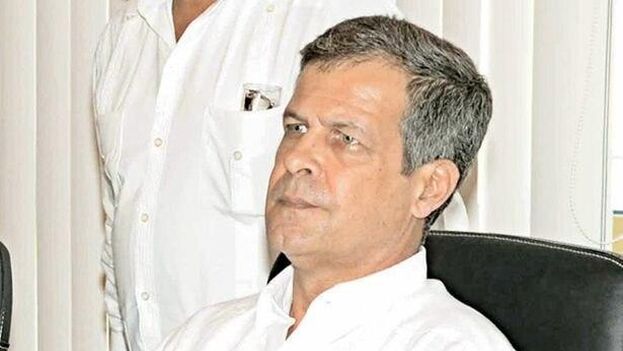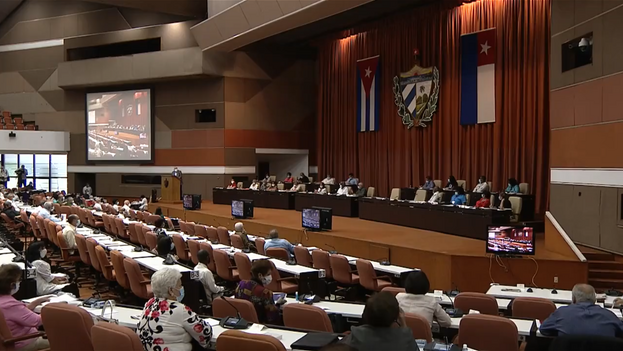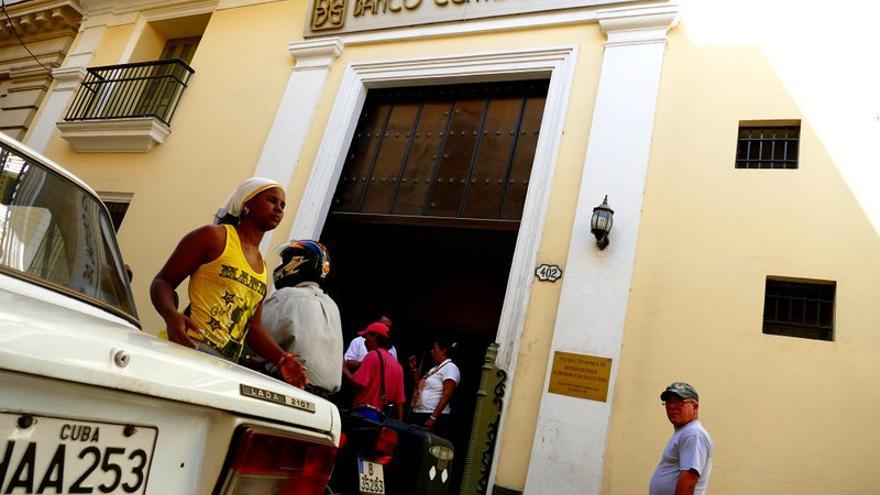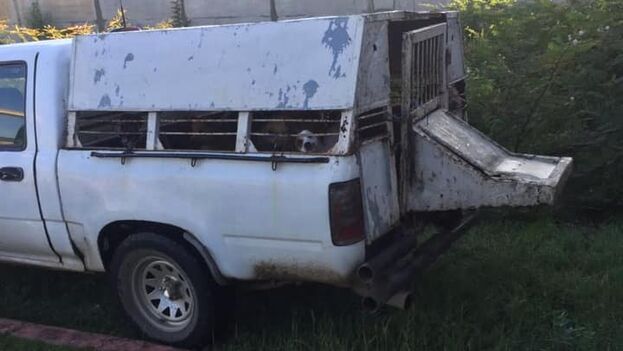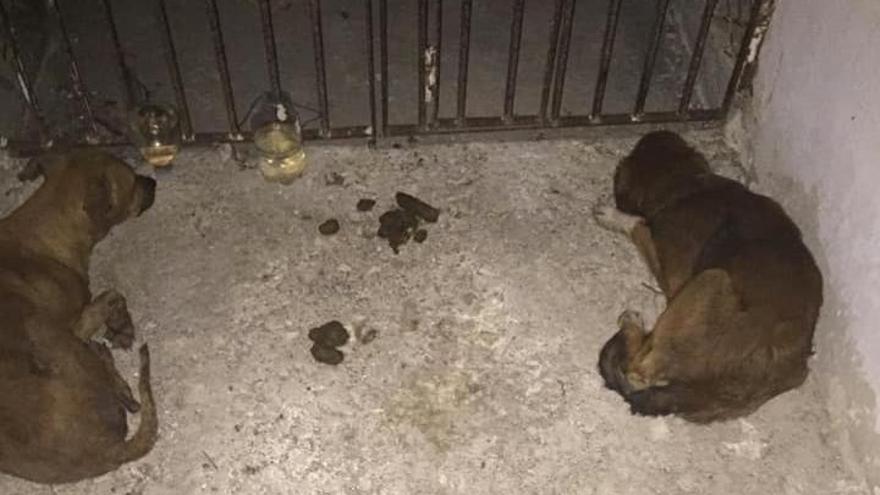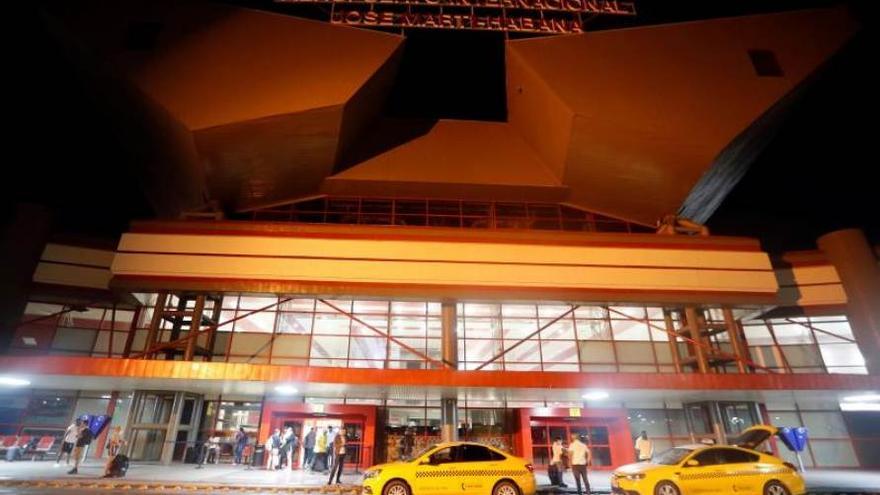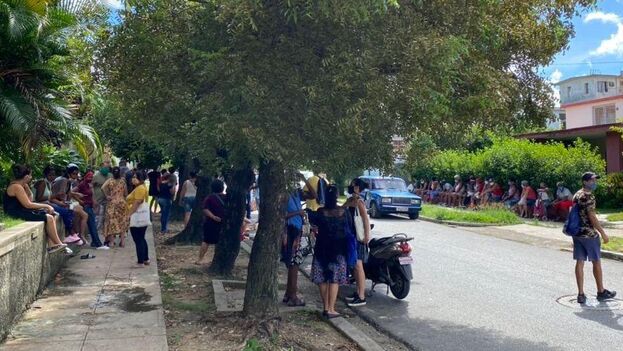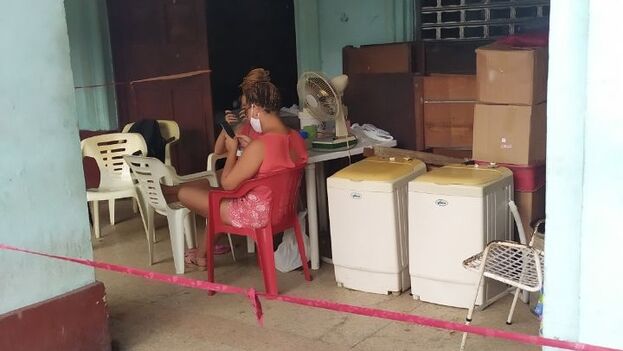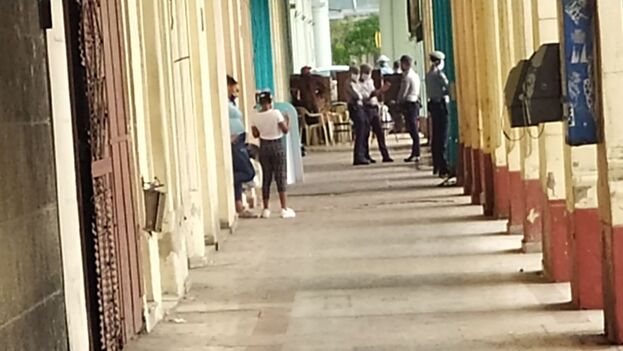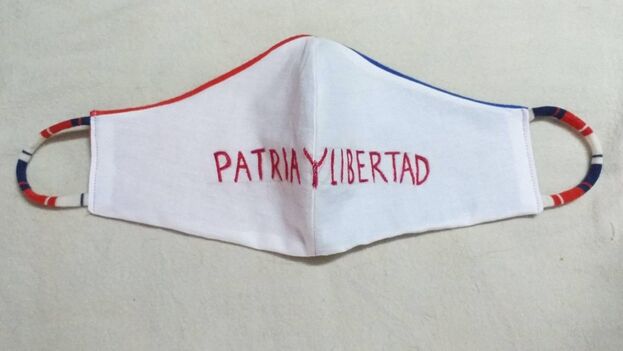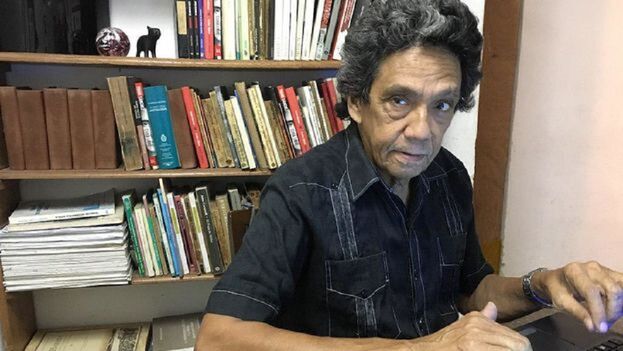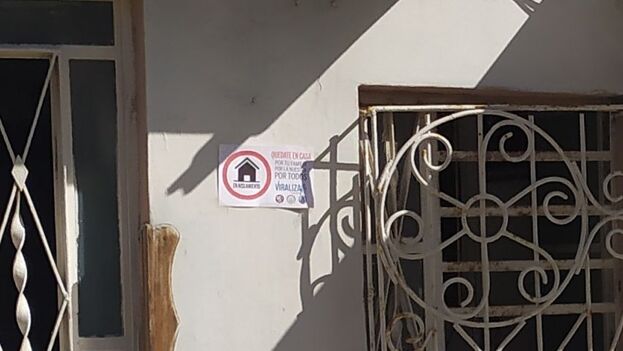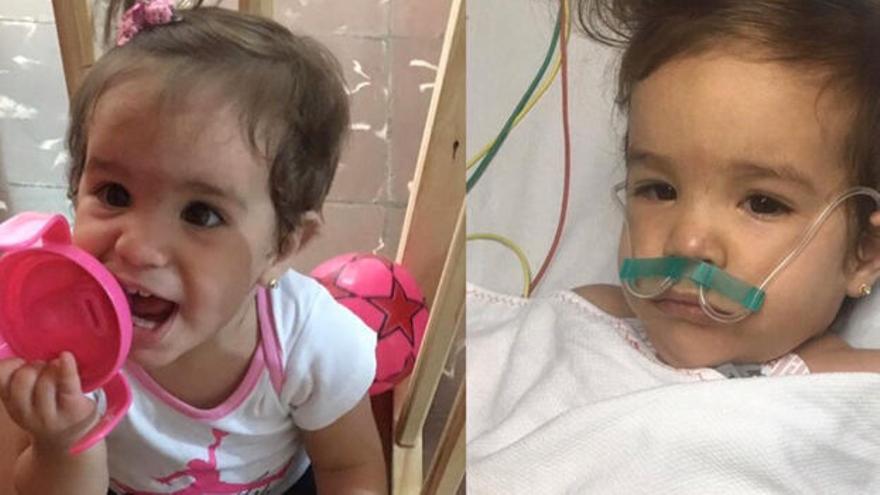To the economic mismanagement that persists in favoring the “socialist State enterprise” and controlling everything from above through centralized planning, two external factors are added: the intensification of the restrictions imposed by the United States Government and, more recently, the consequences of covid-19 that caused tourism to collapse, the paralysis of the production of goods and the provision of services and even a decrease in the entry of family remittances from abroad, to which substantial internal expenses to face the situation are added. continue reading
The lack of supplies in the markets has complicated the lives of consumers and has unleashed a wave of resellers and “coleros” (people who stand in line for others, for pay), hoarding deficit merchandise and diversion of basic products from warehouses. The Government has rigorously attacked the consequences but continues to neglect the causes of these scourges.
The new formula of opening stores dealing only in their own merchandise through magnetic (debit) cards fed with freely convertible currency, has generated greater differentiation between those who have financial resources from abroad and those who do not.
The solutions that the State has proposed in relation with its intention of expanding the development of non-state forms of production are moving in the right direction, but they lack the necessary depth and are being implemented too slowly.
Roberto Veiga González: What would be the necessary solutions? How much probability do they have?
Reinaldo Escobar: One thing is the necessary solutions and another the solutions with probabilities.
For a radical sector, solutions in Cuba go through the process of “overthrowing the dictatorship.” This purpose only has the possibility of being carried out through a massive and violent popular revolt, a coup, or a foreign invasion (which could be the consequence of either of the first two options). Along these lines are those who favor a resurgence of the embargo and promote acts of civil disobedience within Cuba. The probability that something like this will happen seems low.
The more moderate sector is committed to a bloodless and gradual change from above that implies a process of reconciliation among Cubans
The more moderate sector is committed to a bloodless and gradual change from above that implies a process of reconciliation among Cubans and inevitably a definitive settlement to the dispute with the United States. This will be possible to the extent that the actors of the historical generation leave the stage and that there is a change in policy towards Cuba on the part of her northern neighbor with the aim of promoting rapprochement. The supporters of this option are in a position to dialogue with the government, but paradoxically, that dialogue can only occur when the government cannot withstand the pressure of those who want to overthrow it.
The most “reactionary” sector professes an immobility inclined towards continuity. They are the octogenarians of the historical generation and their cohort of sycophants who have the power to repress and manage the opening measures as escape valves to reduce the demands of the violent and excite the moderates. It gives the impression that they have made a secret pact with the reformists, still disguised inside government spheres, consistent in asking them for an old age death grant in exchange for being included in the list of heirs.
The question of how many possibilities each of these options have should not be answered based on the eventuality of success inherent in their purposes, but based on their possibility of reaching beneficial objectives.
Obviously, the overthrow by any of the planned violent means would cause a total and rapid fracture, but could leave the nation in uncontrollable chaos after a power vacuum with high cost in human lives, a presumed destruction of the already deteriorated economic heritage and long consequences of revenge.
The transition from above, in agreement with the internal opposition and foreign lobbyists, would initially have to be slow and gradual.
The transition from above, in agreement with the internal opposition and foreign lobbyists, would initially have to be slow and gradual. In the give and take, essential in an agreed transition, neither party would have capitulated.
Everything can start from the decision of the State to establish a market economy with greater economic freedoms, keeping the promise to defend social justice and having successive political openings that guarantee freedom of expression and association.
The participants in this process will need prudence not to go too far or too fast, but they will have to be bold so as not to be left behind or act too slow.
The worst variant would be the intransigent position of those who do not want to change anything or who propose to change the minimum so that the essential does not change. Their stubbornness puts the moderates at a disadvantage, who end up being described as “accomplices of the dictatorship” and gives reason to the violent ones as a formula to make the possibility of change more costly.
They control all power, but time is against them. They have no future.
Roberto Veiga González: What would be the “nuclear” political element capable of ensuring the beginning of a comprehensive process of socio-political reform?
Reinaldo Escobar: Unfortunately, that element does not currently exist. In order to start that “comprehensive process of socio-political reform”, it will be necessary to wait for the historical generation to complete its biological cycle and for the current heirs to leave the game, due to the provisional fulfillment of their functions. It will also be necessary to hope that viable proposals that include the possibility of being shared and will win an electorate will be articulated within the environment of the civil society and the political opposition.
Roberto Veiga González: Such a process demands inclusion and dialogue. This, in turn, requires the preexistence of subjects (individual and group) that are somehow established and legitimized in some way. Do “transnational” Cuban society and the State have these actors?
Reinaldo Escobar: Before reaching legitimized subjects, conditions of legitimation of the presumed subjects is required. Inclusion would have to come from the political will of the rulers to decriminalize political disagreement and accept the possibility of a dialogue that implies the existence of spokespersons recognized by both parties.
The first step must be taken by the State, and it entails at least creating the preconditions for the recognition with full legitimacy of the presumed actors of change as the only alternative to violence. Those preconditions are as follows:
-
- Rejection of the belief that the Communist Party is, by law, the leading force of society
- Summoning a Constituent Assembly to draft a new Magna Carta.
- A new electoral law.
- A law of associations that allows the legalization of political parties and the existence of an independent civil society, alien to the concept of the transmission pulley that prevails today.
- A law that guarantees functioning of the independent press and other forms of freedom of artistic, academic and public expression.
- A law that guarantees religious freedoms.
- Elimination of current restrictions on Cubans living abroad when they visit, invest in businesses, or establish themselves in Cuba.
Roberto Veiga González: What should be the characteristics of this dialogue? How to enable it?
Reinaldo Escobar: The first condition is that all parties can participate.
For a dialogue of this nature to have positive results, political guarantees must be present. Those who govern cannot intend to imprison their spokespersons, and opponents should not take advantage of the opportunity to assault power.
This requires the existence of guarantors, preferably foreign governments and international institutions.
This requires the existence of guarantors, preferably foreign governments and international institutions. Ideally, the dialogue should take place in a neutral territory outside Cuba.
What we might call “this side of the dialogue table” should consist of not only the moderates who insisted so much on dialogue, but also of those who have always believed that to participate in dialogue constituted betrayal, and to be able to take credit for having seated the regime at the table.
The power side must be represented by the highest governmental and partisan power or, in its place, by those with the capacity to make decisions. The military should not be included.
The dialogue agenda must be fed with proposals from both sides. If this dialogue were to take place before the seven preconditions that we listed in the previous answer have been met, the objective of the agenda “on this side of the table” should be to ensure that these conditions are met.
Translated by Norma Whiting
COLLABORATE WITH OUR WORK: The 14ymedio team is committed to practicing serious journalism that reflects Cuba’s reality in all its depth. Thank you for joining us on this long journey. We invite you to continue supporting us by becoming a member of 14ymedio now. Together we can continue transforming journalism in Cuba.
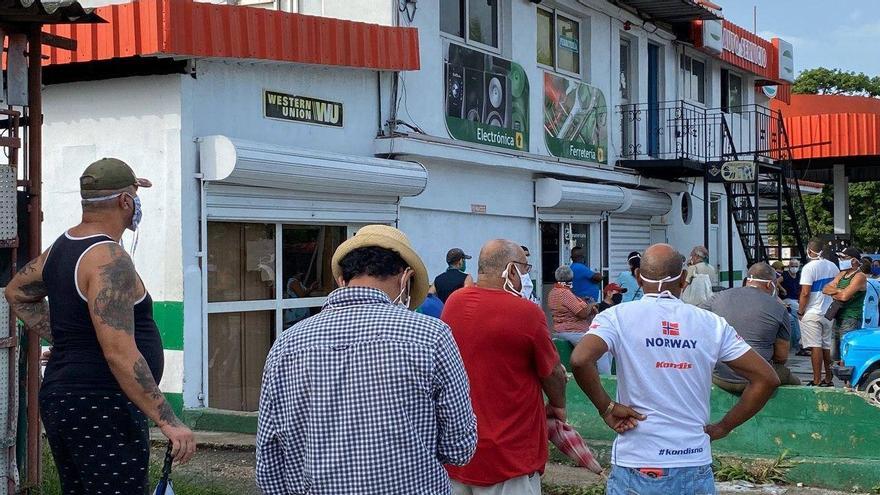
![]() 14ymedio, Havana, 23 October 2020 — The United States government will prohibit remittances to Cuba that are sent through companies controlled by the military, according to a draft document published in the Federal Register. The measure will take effect on November 27.
14ymedio, Havana, 23 October 2020 — The United States government will prohibit remittances to Cuba that are sent through companies controlled by the military, according to a draft document published in the Federal Register. The measure will take effect on November 27.
